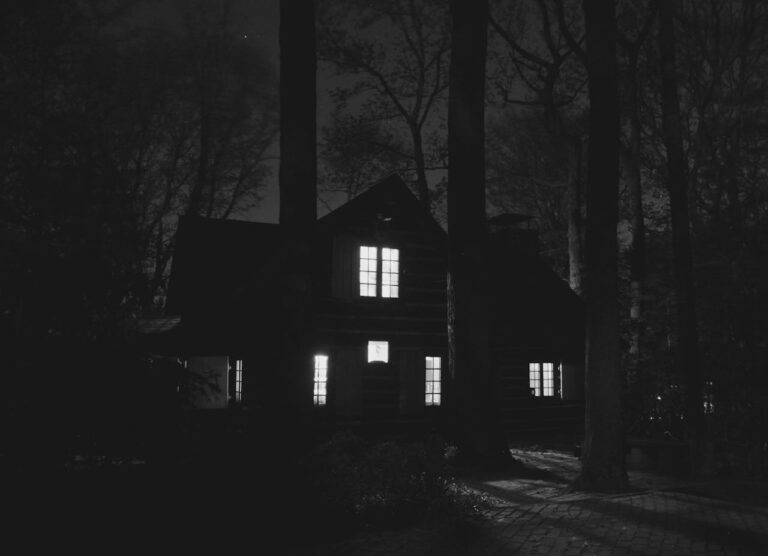In the spirit of Halloween, let’s talk about a spooky-themed real estate term that has recently made headlines for being on the rise: zombie foreclosure.
Zombie foreclosures
A zombie foreclosure occurs when a homeowner vacates their property after receiving a foreclosure notice, but before the foreclosure process is completed. A homeowner may choose to vacate the property for a number of reasons, including mistakenly believing that they are required to do so upon receiving a notice of foreclosure proceedings. However, depending on the state, foreclosure proceedings can take a considerable amount of time, even years. This may cause problems for the homeowner and the neighborhood, especially if the lender never completes the process – which does happen.
Even if the homeowner is not physically present, the title remains in their name. This means that they are responsible for the upkeep of the property and paying taxes and insurance until a court rules otherwise. Therefore, a property could potentially fall into disrepair, or a homeowner could rack up fines and charges for not fulfilling other obligations for the property without realizing they are still responsible for it.
For example, one homeowner told NPR in 2009 that she was shocked to find out she was still listed as the owner of a house she had abandoned in 2006 after declaring bankruptcy and presuming the property was taken over by the bank. She never considered that she was still listed on the deed until she received a summons to appear in housing court. By then, the house had been stripped of siding, plumbing, and windows.
Zombies incoming
A report published by ATTOM, a real estate data and analytics firm, showed that over 220,000 properties in the U.S. were currently in foreclosure proceedings during the third quarter of 2025. Of those properties, about 3.3% were zombie foreclosures, a slight increase from the previous year (3.1%).
Even though the physical number of zombie properties is relatively low, the report noted that investor-owned properties in foreclosure were more likely to be zombies (3.6%), with some states seeing significantly higher rates, including Indiana (7.2%), Illinois (6.1%), and Oklahoma (5.9%).
With investors owning over 24.8 million homes in the U.S. and the real estate market cooling in many parts of the country, it’s possible that more zombie foreclosures are on the horizon as investors quietly pull away from the real estate market.







